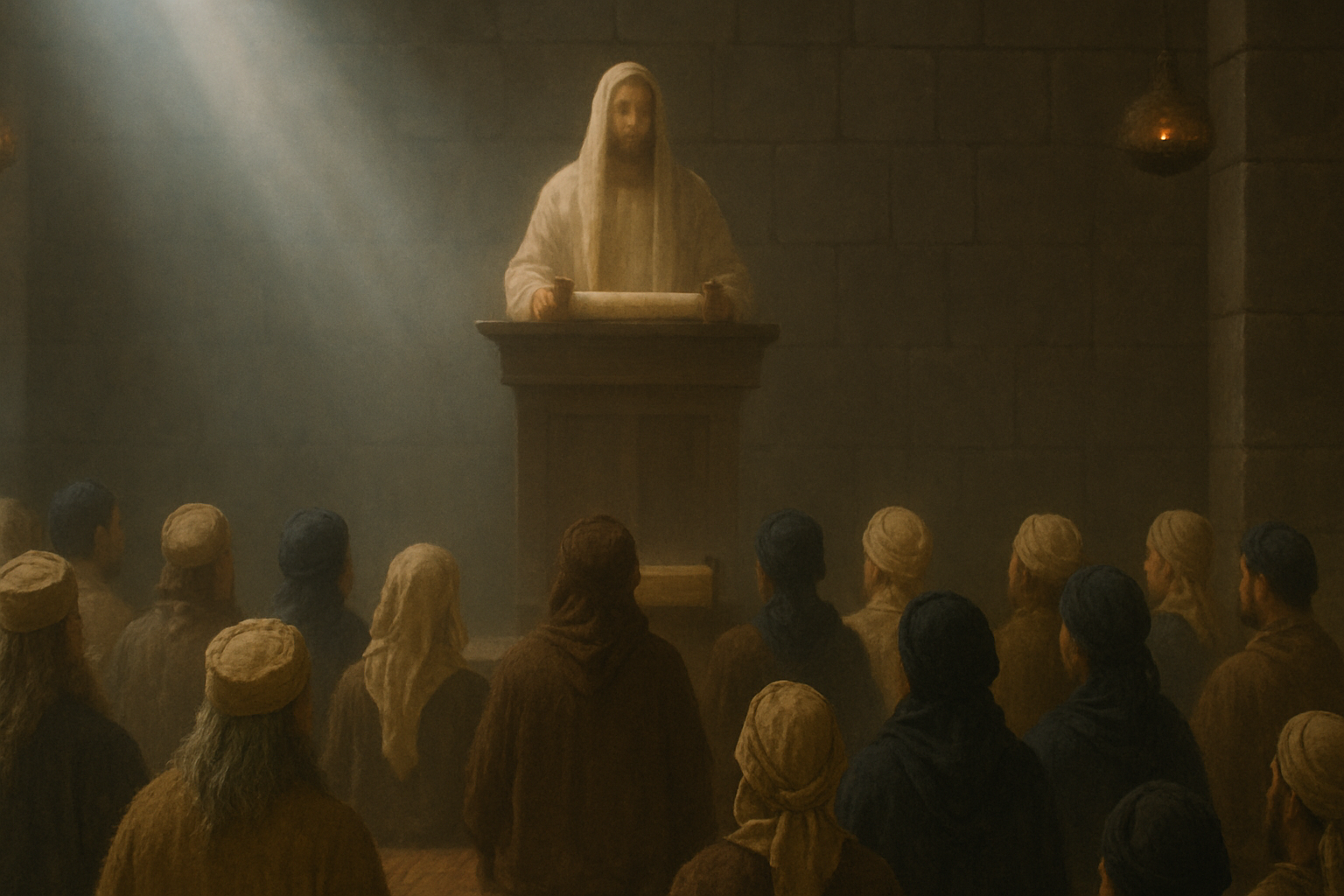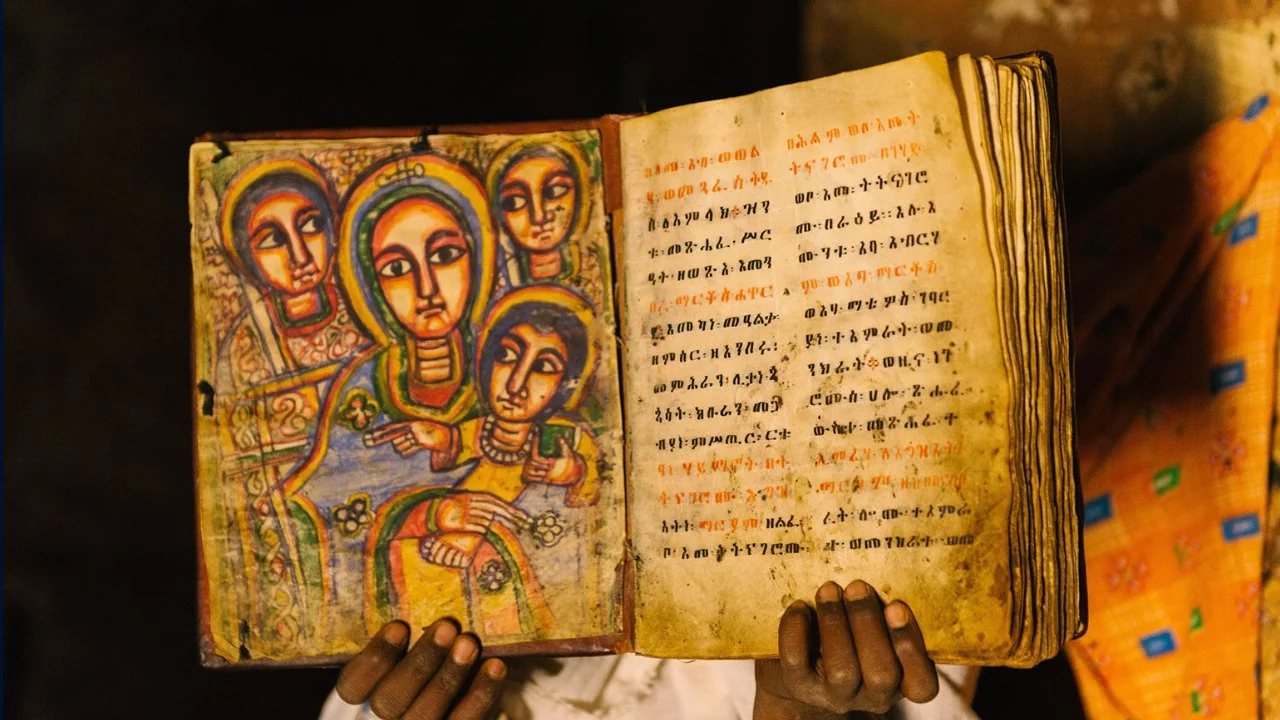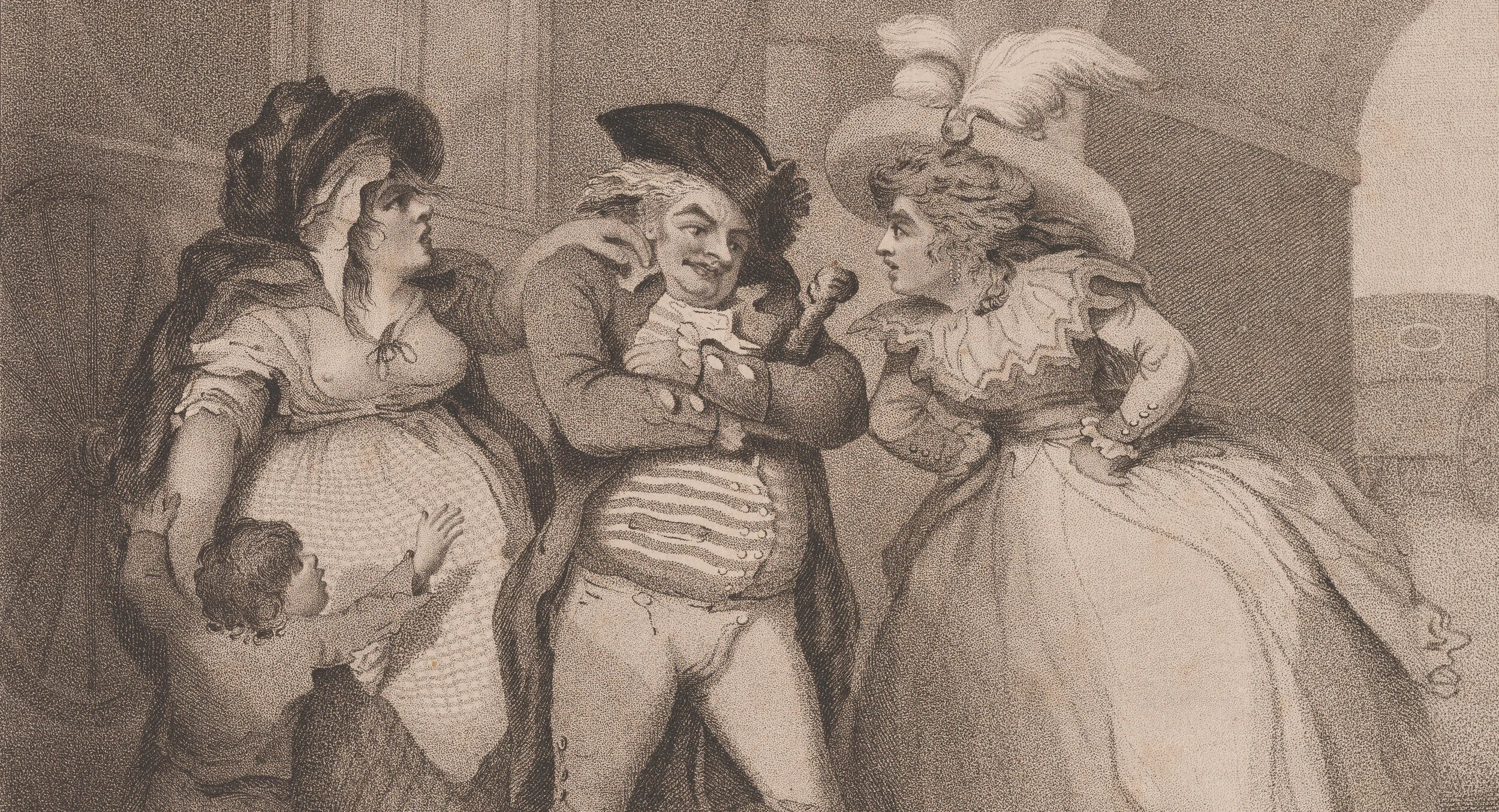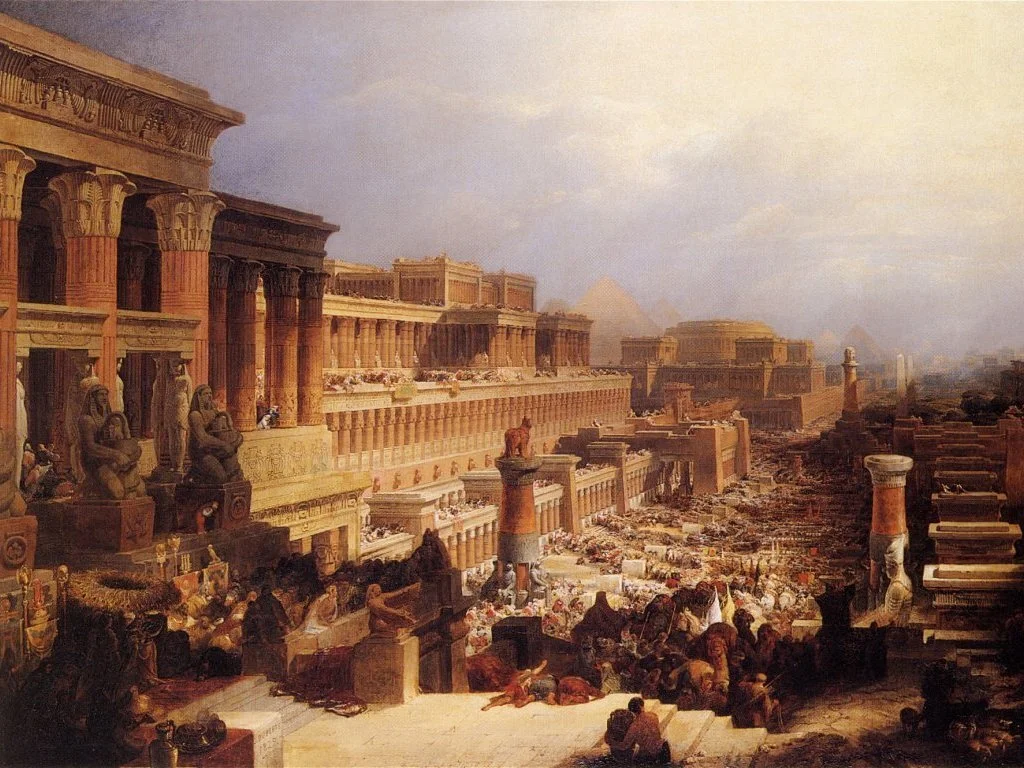Author: David Wilber
During His Olivet Discourse, Yeshua makes an interesting comparison. He says that the days leading up to His return will be like "the days of Noah." What can we learn from Noah's flood as it concerns the end days?
By the first century, the story of Noah’s flood seems to have become a metaphor for God’s final judgment. How are the days of Noah illustrative of the coming of the Son of Man? While we can certainly review Noah’s story and speculate about parallels between Noah’s day and the end days, the key to understanding our Messiah’s point is in His very words:
For as were the days of Noah, so will be the coming of the Son of Man. For as in those days before the flood they were eating and drinking, marrying and giving in marriage, until the day when Noah entered the ark, and they were unaware until the flood came and swept them all away, so will be the coming of the Son of Man. (Matthew 24:37-39)
The people of Noah's day were "eating and drinking, marrying and giving in marriage," indicating that they were merely living their daily lives. They went about their normal business, completely unaware that the flood was about to come and sweep them all away. Likewise, in the days leading up to Yeshua's Second Coming, those who have rejected Messiah's message will be living their lives, unaware that the end is near. They will be caught by surprise and swept away in God's judgment.
Peter reinforces this teaching in his second epistle, also appealing to Noah's flood (2 Peter 3:1-7). He says that scoffers will mock the idea of the Second Coming as they continue following their sinful desires. They will say, "Where is the promise of his coming? For ever since the fathers fell asleep, all things are continuing as they were from the beginning of creation." Thus, in the end days, people will deny the very reality of the end days. They will dismiss the Lord's message and continue living as if there is no coming judgment. In their view, life is going to continue on as normal, so what's the point in obeying God? Since they refuse to believe the Gospel and live righteous lives, like the people in Noah's days, they will be swept away in God's final judgment.
We can learn a couple of lessons from these passages. First, the reality of the Second Coming and God's final judgment are not matters to be taken lightly. We are not to be like the scoffer who continues in his sinful desires and deludes himself into thinking there will be no consequences for his actions. We are to live our lives in accordance with the knowledge that we are accountable to God for what we do. Indeed, as Peter puts it, "Since everything will be destroyed in this way, what kind of people ought you to be? You ought to live holy and godly lives" (2 Peter 3:11-12).
Second, we must not become discouraged as we await the arrival of Messiah’s Kingdom in its fullness. As Peter says, "The Lord is not slow to fulfill his promise as some count slowness, but is patient toward you, not wishing that any should perish, but that all should reach repentance" (2 Peter 3:9). God is giving us time to repent, because His desire is that nobody should perish. Likewise, we ought to have this same concern for others. We must be patient with those who have sinned against us, always willing to forgive them as we’ve been forgiven. And just as God’s heart is for the unbeliever, we likewise should desire that all should reach repentance. Thus, proclaiming the Gospel of our King is to be our top priority.
As we can see, this message from our Messiah and the apostle Peter is meant to inspire us to take action. In the midst of those around us who are just going about their normal lives, completely unaware of what's to come, we ought to be mindful of the reality of God's judgment. We ought to be about the King’s business—living holy lives and sharing the Gospel.
Sadly, many believers who take an interest in studying the end days seem to neglect the very things they're called to do with the information. Their interest in the end days has often led to an “escapism” mentality rather than to repentance and a sense of urgency to reach the lost. In “prophetic” teaching circles, fear mongering abounds. False teachers will set doomsday dates and come up with highly speculative conspiracy theories about aliens and other such nonsense, completely distracting believers from the true message of Scripture. So while Scripture teaches that we are not to disregard the reality of the end times, the other extreme is mishandling the Scriptures and wandering off into foolish distractions.
The coming of the Son of Man draws near. We as disciples of Yeshua ought to acknowledge that reality and live our lives accordingly. May we be encouraged to put away all foolish distractions and to live holy lives and reach the lost for God’s glory.
About David Wilber
David is first and foremost a passionate follower of Yeshua the Messiah. He is also a writer, speaker, and teacher.
David’s heart is to minister to God’s people by helping them rediscover the validity and blessing of God’s Torah and help prepare them to give an answer to anyone who asks about the hope within them (1 Peter 3:15)…
































